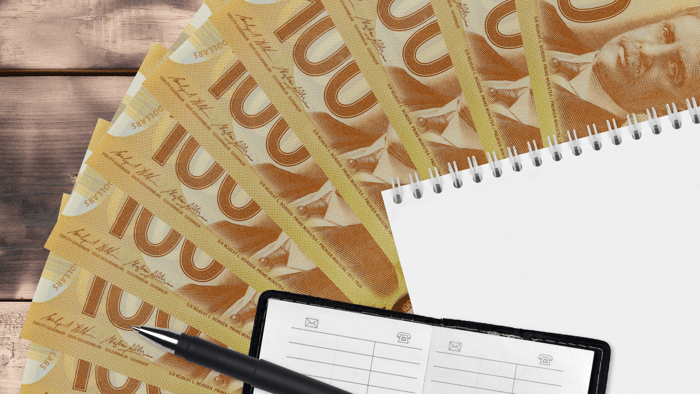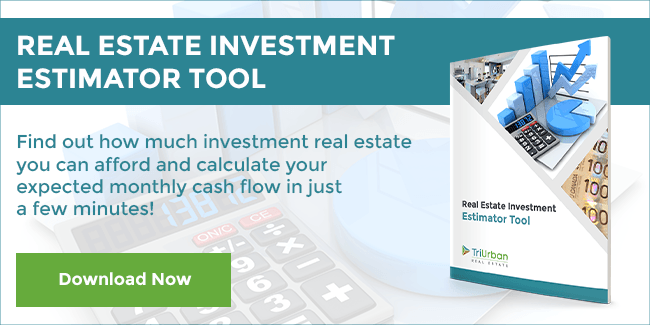 As the COVID-19 pandemic continues to unfold, many industries have adapted to overcome the unique challenges presented by the virus. The real estate industry, in particular, has witnessed changes across the board; from how we view and purchase properties, to the standards for qualification set forth by mortgage lenders.
As the COVID-19 pandemic continues to unfold, many industries have adapted to overcome the unique challenges presented by the virus. The real estate industry, in particular, has witnessed changes across the board; from how we view and purchase properties, to the standards for qualification set forth by mortgage lenders.
Because the situation is constantly evolving and rules often vary by lender, it can be difficult to keep up with the continuous updates. We’ve asked our friends at Innovative Mortgage Solutions to detail what investors can expect during the mortgage qualification process moving forward.
What does the Housing Market Look Like in the Edmonton Area?
Currently, we are still seeing significant activity in terms of home sales and the number of individuals applying for mortgages. While it’s important to pay attention to the long-term impact of COVID-19, the environment for real estate investors is presently improving. Sustainable rents and an increase in oil prices are providing a solid foundation for the return of the economy.
Where Can My Down Payment Come From?
Historically, real estate investors have been able to access borrowed sources (such as HELOCs) for a portion of their down payment. This is no longer the case for most lenders - down payments for rental properties must come from savings or investments.
There is also some ambiguity around how long proof of funds must be available in your account. As a general guideline, you should plan to hold the funds in your account for a minimum of thirty days, however, ninety days is preferable. If you are planning on purchasing a rental property, we urge you to contact a mortgage professional to provide clarity and ensure you are prepared ahead of time.
I’ve Deferred My Mortgage
Currently, no hard and fast rules exist around mortgage deferrals; several lenders are allowing applicants who have chosen to defer their mortgage payments while others are not. Furthermore, the lenders who are offering this option are also considering it on a case-by-case basis, where you must provide strong reasoning for the deferral or evidence that the deferred payments have stopped before a new approval is issued. Real estate investors should consider the impact of deferred payments on their overall portfolio before proceeding with a mortgage application.
I’m Currently Receiving or Have Received CERB Payments
CERB payments are not considered income if you are applying for a mortgage. However, if you were laid off due to COVID-19 and have since returned to work, lenders are allowing any savings from your CERB payments to be included in your down payment. If you are still temporarily unemployed, but have a return-to-work date and are able to obtain a letter from your employer, some lenders will allow you to proceed with an application using your regular employment income amount.
I’m Receiving CEWS for my Business
If you are self-employed and utilizing the Canada Emergency Wage Subsidy (CEWS) for your business, most lenders will incorporate this amount into your debt servicing costs.
Will I Be Impacted by the New CMHC Changes?
As of July 1, 2020, CMHC (the largest mortgage default insurance provider in Canada) has made some changes to their insurance policy. Single-family residential rentals are, by definition, uninsurable - meaning real estate investors won’t be immediately impacted by these changes. However, CMHC withdrawing some of its market share decreases the overall amount of funds available, which will inevitably trickle-down to investors over the long-term. It is important to remain cognizant of any long-term significance to the investment market in this regard.
If you have questions about investing in real estate during this time, contact our office. If you would like to learn more about the qualification process, the Innovative Mortgage team is always available to answer your questions at 780.416.1085 or through their website.
Originally published Nov 14, 2017, updated Aug 26, 2020

